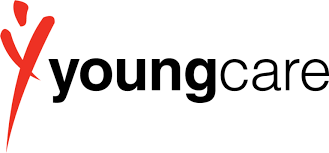
Thanks to support from partners including The Co-Group Ltd, Youngcare delivered the final round of the At Home Care Grants (AHCG) for 2024–25. This program assists people aged 16–65 with complex physical disabilities by funding essential equipment, home modifications, or services that help them remain living safely at home.

With the grant funding, Turbans 4 Australia was able to serve more seniors in need, providing food relief, pre-cooked meals, and culturally appropriate items. We built strong partnerships with Chinese Australian support agencies to better address language, disability, and social barriers. Seniors also accessed hygiene and personal care products through our pantry. The funding allowed us to double our reach—from 350–400 seniors a month to over 700—greatly expanding our impact.
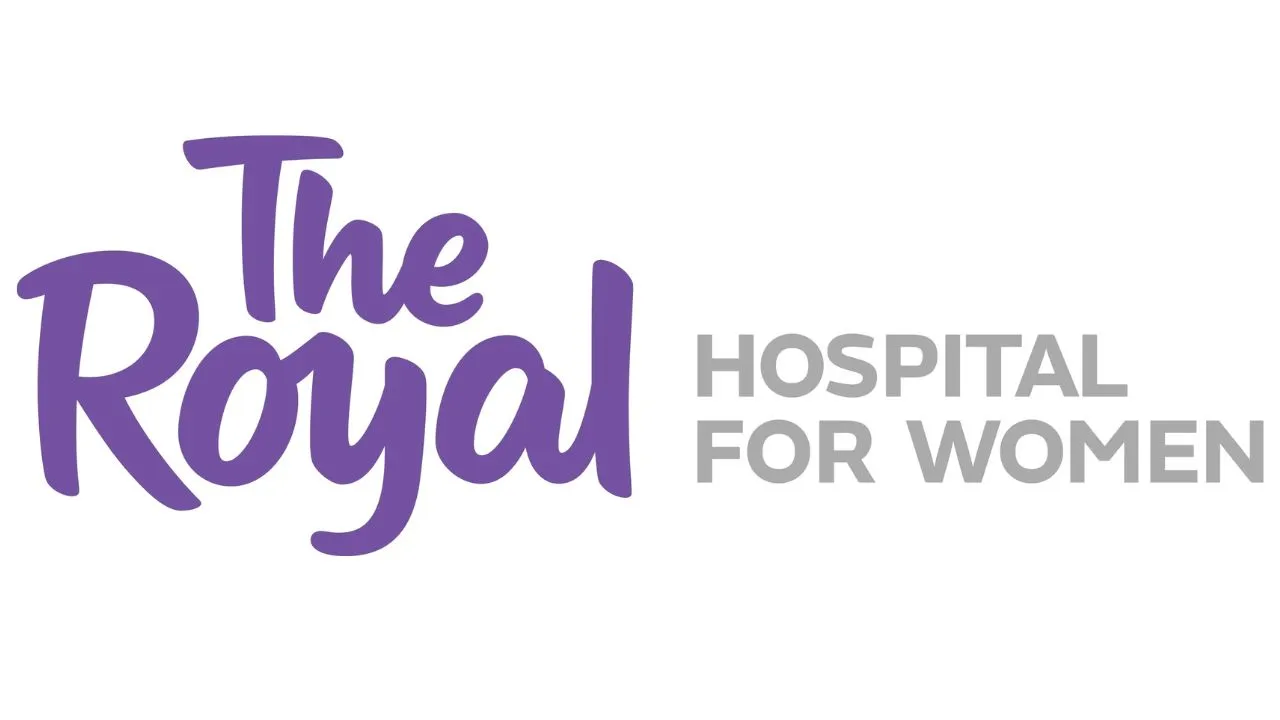
The program has reduced parental anxiety, improved engagement, and enhanced long-term outcomes for babies, including those with disabilities. Families expressed deep gratitude for the support, which was only possible through The Co-Group’s generous grant.
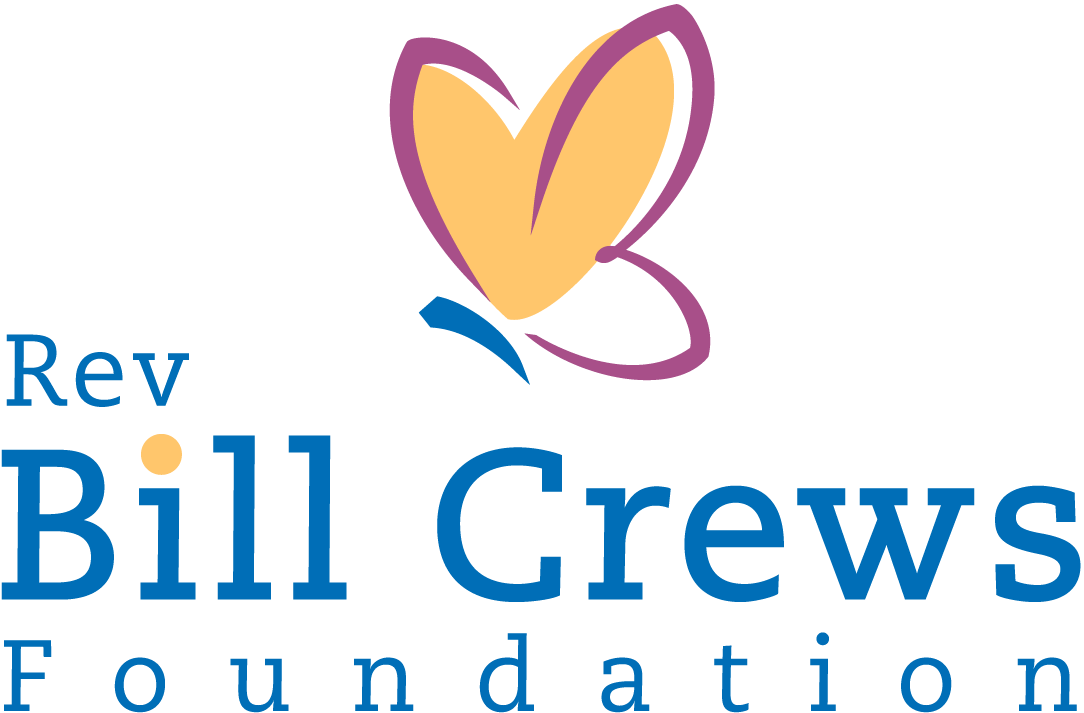
Jennifer* fled her home after years of coercive control and emotional abuse, leaving with only her suitcase and dog. With no access to government housing or financial support due to her visa status, she turned to the Rev Bill Crews Foundation for help.
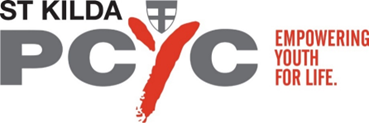
When 66-year-old Daryl “Dazza” Kennedy was diagnosed with Parkinson’s in 2019, he felt powerless. A lifelong runner and former Telstra officer, the disease brought challenges like loss of balance, stiffness, and difficulty with simple tasks.
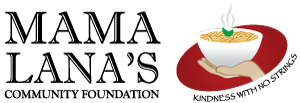
Mama Lana’s Community Foundation sincerely thanks The Co-Group for their 2024 grant, which helped us continue providing free support to homeless and underprivileged people. With the help of 70 dedicated volunteers, we served 300 hot meals six nights a week, provided food hampers (including Christmas hampers), and upheld our motto of kindness with no strings. This vital support empowers people to maintain dignity and work towards independence.
Kian’s story shows the impact of this work. After a childhood in foster care and years of trauma, he struggled with substance misuse, crime, and homelessness. During his crisis, the trust and support of our workers gave him hope and the courage to enter a nine-month rehabilitation program.

Huntington’s Australia is the only community-based provider of support for people impacted by HD. Our services include counselling, family and bereavement support, non-clinical counselling, advocacy, referrals, and support groups. We also deliver education and awareness programs for health professionals, aged care providers, housing services, and government/non-government agencies.
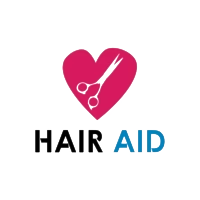
The 2024 TCG Grant enabled Hair Aid Community Cuts (HACC) to expand strategically in New South Wales, establishing 8 new locations staffed by 16–48 volunteers. Through this support, HACC delivered 147 free professional haircuts to people experiencing homelessness, domestic violence, and financial hardship, restoring dignity, confidence, and wellbeing.
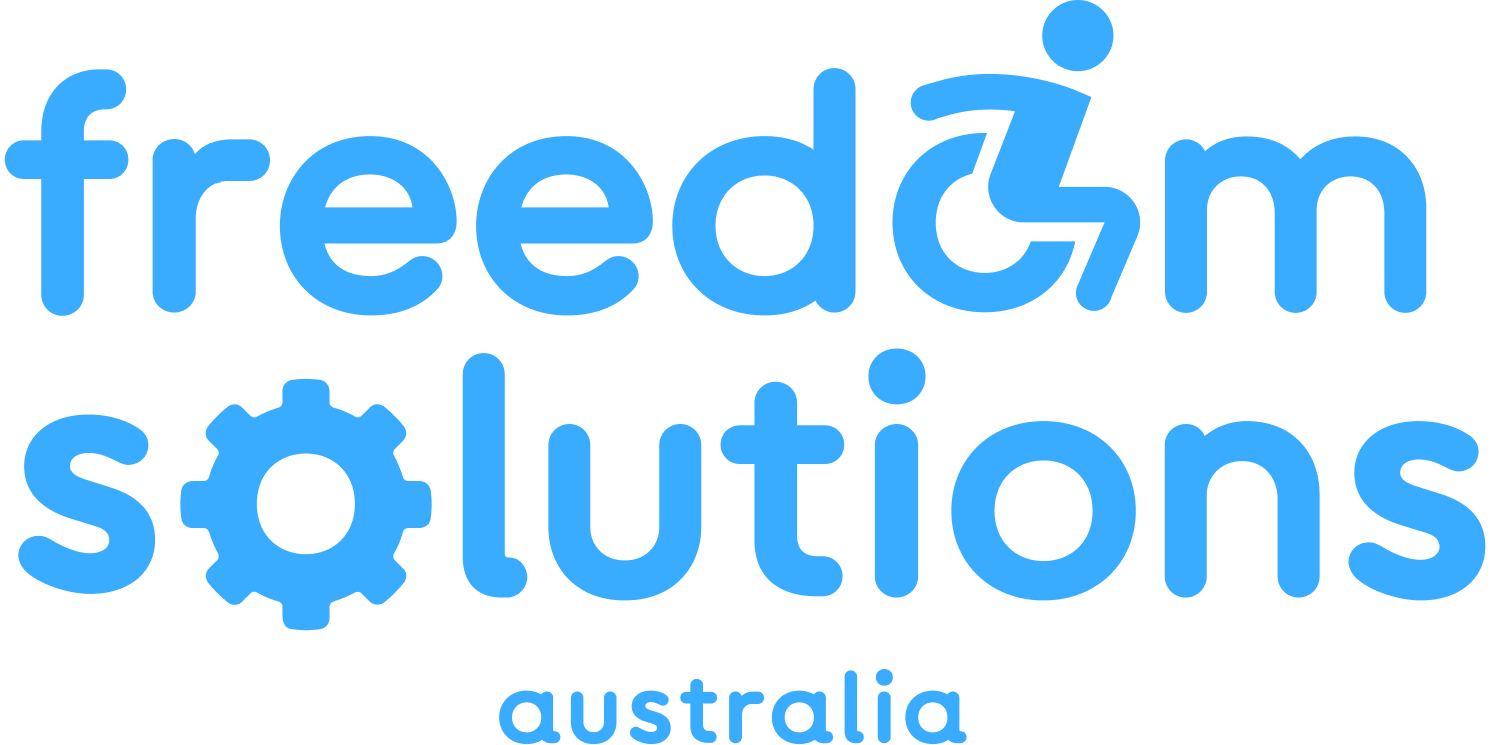
Currently, 303 people remain on our waitlist, highlighting the urgent need for ongoing support. A 2025 funding application has been submitted to extend the project, aiming to assist 28 more people with disabilities or age-related limitations.
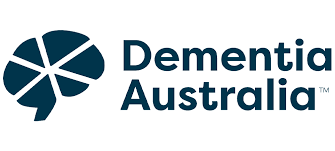
A key focus was addressing the significant disparity between each First Responder organisation’s operational experiences and service provision when working with people living with dementia. This work resulted in a pilot program designed to test and evaluate training, with the potential for broader implementation across the workforce.
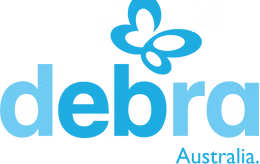
As a not-for-profit organisation that relies on donations, the incredible support, The Co-Group has provided is crucial in enabling DEBRA Australia to continue supporting individuals and families living with the painful and often devastating condition of EB. Through the provision of special equipment thanks to your support, such as Nanobubble devices, we can improve the quality of life for those living with EB.
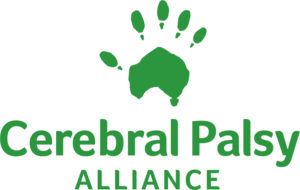
This research aims to help people with cerebral palsy get a better understanding of their cognitive or thinking styles and how these may relate to quality of life and number of falls. Thus far, we have developed a research protocol that helps us understand our participants’ cognitive and motor profile.